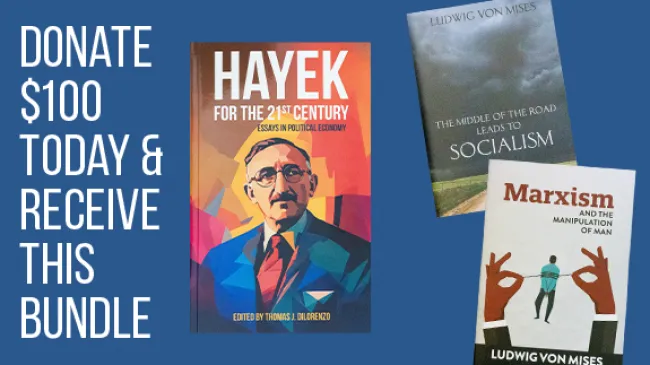Nonintervention is more than just a good US foreign policy prescription. When it comes to the Russia-Ukraine War, American neutrality is patriotic. Resistance to the narrative pushers is essential for the formation of authentic community and freedom.
The way the media covers it, the Russia-Ukraine conflict hardly seems like a proxy war. How is it that tens of millions of Americans have seemingly internalized these overseas events in the same way so many did with the wars in Afghanistan and Iraq two decades ago?
Cultural landmarks lit up in the colors of the flag now drape over social media avatars. That’s the Ukrainian flag, of course, not the American one.
But anyone not flying the colors of the day risks being trashed not only by the powerful but by their own countrymen. Tulsi Gabbard was called a traitor for wishing the war had been avoided in the first place! Tucker Carlson is once again the target of a cancellation mob.
“Anyone even slightly off-key or questioning of that script is hunted down and held up as a heretic and traitor,” Glenn Greenwald wrote recently.
Nobody should be surprised by this development. It’s a continuation—no, an escalation of the whole covid scamdemic. Whatever the concocted crisis of the day is, if you do not acknowledge it as real or if you challenge the grand orthodoxy, then you’ll be labeled a fake news peddler, a hater, an extremist, a domestic terrorist, or worse.
Crises grow government power. That’s how it’s always been. The myriad of ways that war brings “the many under the dominion of the few,” as James Madison said, are still here and are not going away any time soon.
What defines our present condition is how the moral panics are used to rally a civilian army that revels in the demise of the nonconforming opposition.
A war provides the needed cohesion, and no American even needs to be directly involved in the bloodshed. The Russia-Ukraine War is an easy lightning rod that the government and established centers of power in society can use to demonize Americans who hold the wrong view.
Despite the strong opinions on either side, Americans don’t really get a say in foreign policy. The 2016 presidential election was the first time in a long time that there was such a meaningful gap between the candidates on the issue, at least rhetorically. In 2020, the foreign policy debate between President Donald Trump and candidate Joe Biden was canceled.
The question persists: What is it about this Russia-Ukraine war that animates Americans so much? Solid majorities of Republican and Democrat voters support a US-enforced no-fly zone over Ukraine. That would mean the US at war with Russia.
The answer for why Americans pine for more war is probably complicated, but it’s clear that they generally hold simplistic views of the situation over there. People poked fun at Vice President Kamala Harris for summing up the recent events as a “bigger country” invading “a smaller country” and adding, “Basically, that’s wrong.” But the intended audience probably appreciated her analysis.
The more sophisticated cases for no-fly zones and US sanctions sound the same except that they evoke a more emotional response. It’s a fight for democracy. It’s for freedom. The US must stand up against bullies and hate. These vapid buzzwords do the trick.
In 1953, Robert Nisbet wrote in his book Quest for Community that “the power of war to create a sense of moral meaning is one of the most frightening aspects of the twentieth century.”
That’s continued into the twenty-first century unabated. For over two years now, covid has shown all of us in a personal way the “deep moral compulsion of war” that Nisbet talked about. Citizens policed each other, or at least some policed others, in the War to Flatten the Curve. People wished for the deaths of those who didn’t follow the Fauci line, usually on social media but sometimes in public, unknowingly on camera.
Chris Hedges wrote of a similar phenomenon in his 2002 book titled War Is a Force That Gives Us Meaning. So why is our society so desperate for meaning that it laps the establishment spoon? Obviously, something deep is missing in the social structures that tie a nation together.
That explains the unwillingness to take off the masks postmandate. To the wearers, they display status, a sense of belonging to a community. The same goes for other performative acts across the political spectrum. It feels good to believe you’ll be seen as living up to some greater calling, lofty goal, or common good.
It is harrowing to think of where this trend ends as we near the precipice of World War III or nuclear war. H.L. Mencken once wrote that “to wage a war for a purely moral reason is as absurd as to ravish a woman for a purely moral reason.”
It’s upon patriotic Americans to champion neutrality. But it won’t be enough to say it’s the best path to peace or prosperity, although that’s true. The case must be made locally, where real meaning can be found in serving our families and communities.
Only at the small scale, in solidarity with other localities, can we revive an authentic antiwar culture that neutralizes the state’s propaganda.


